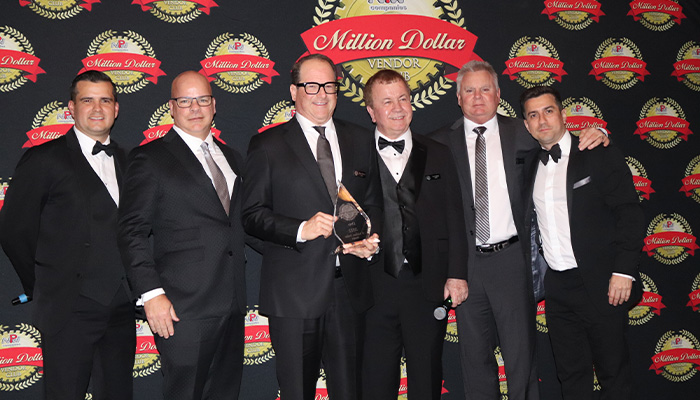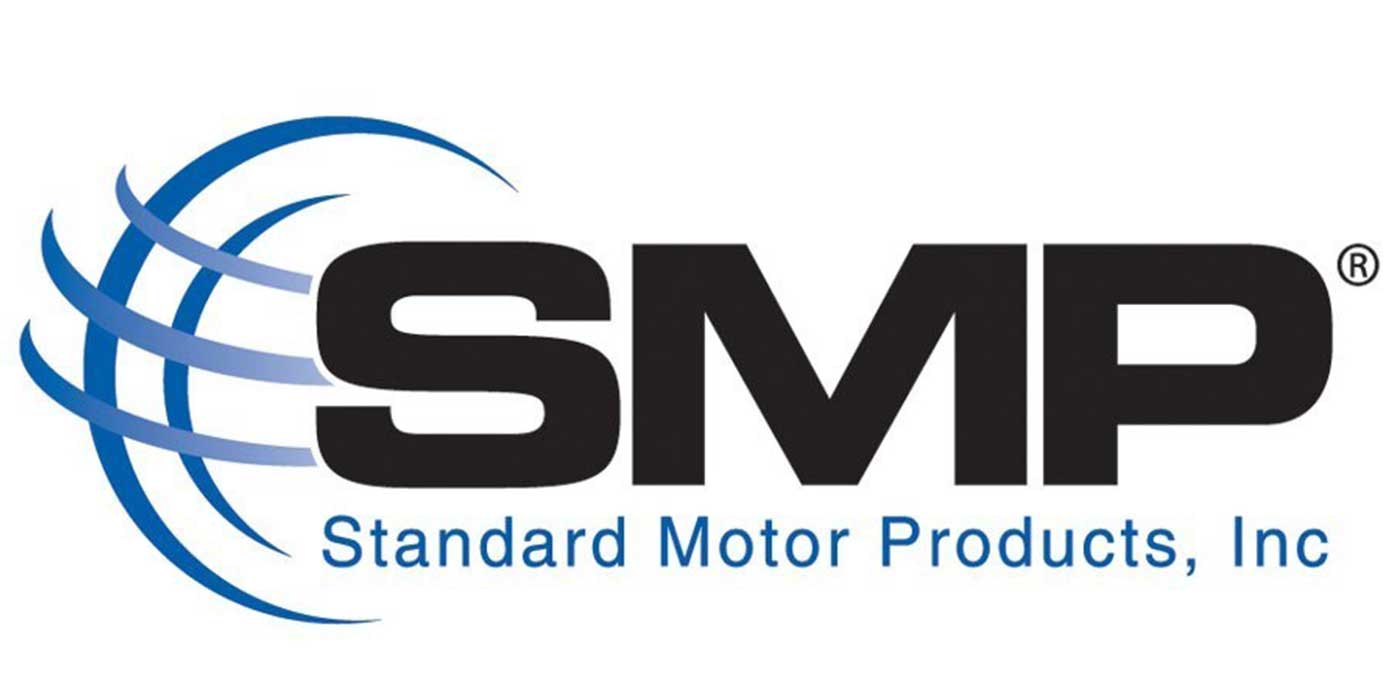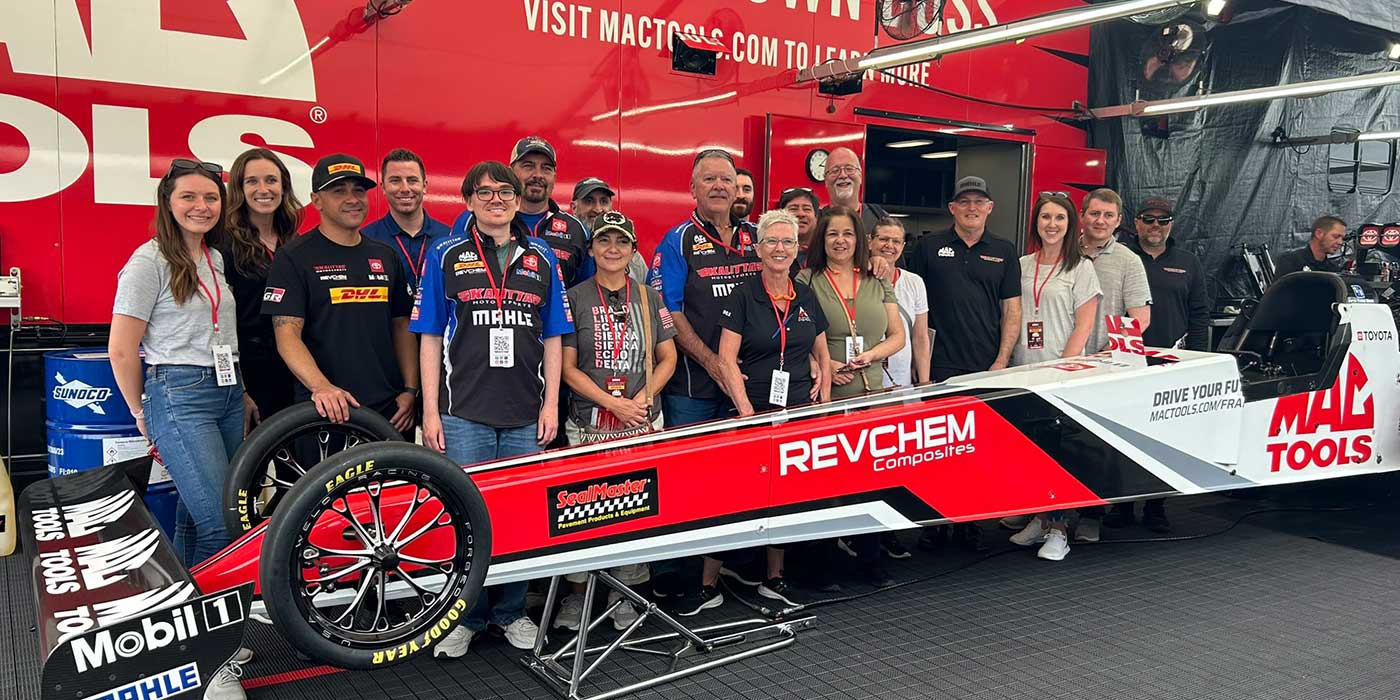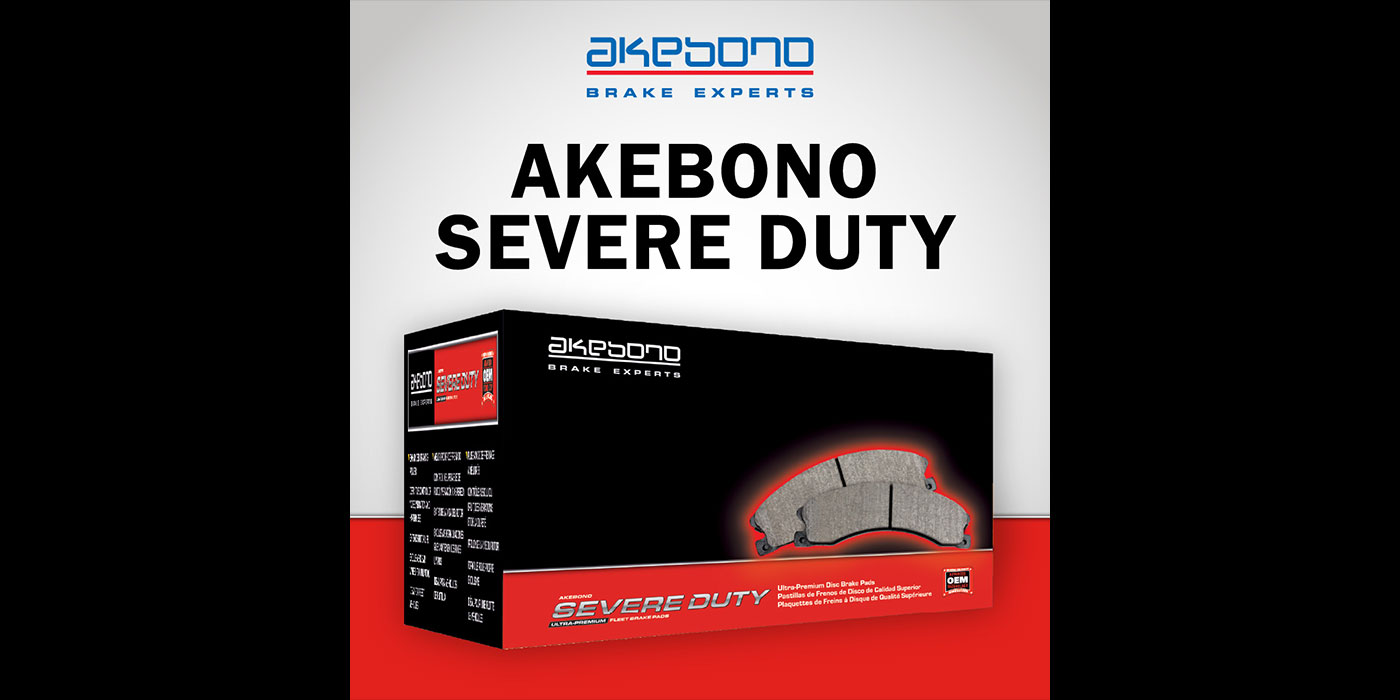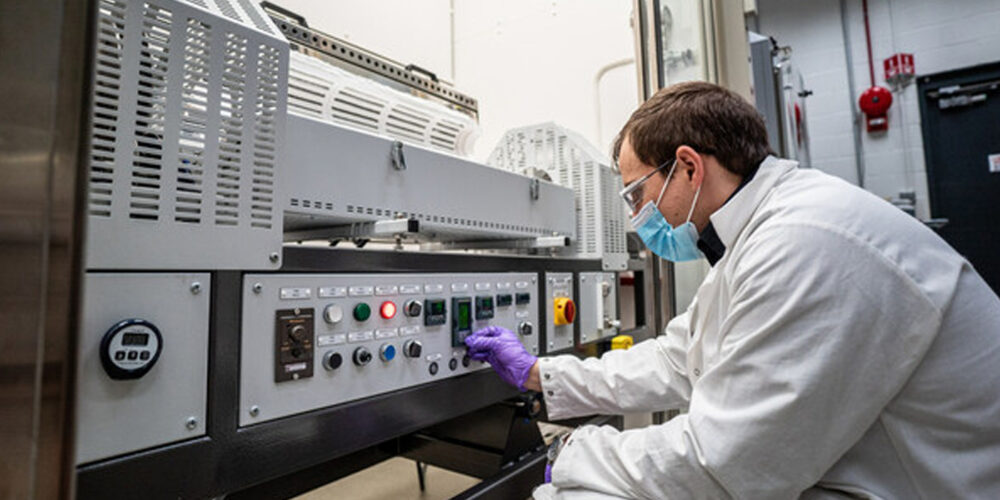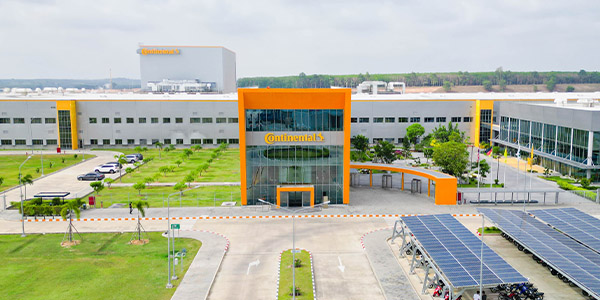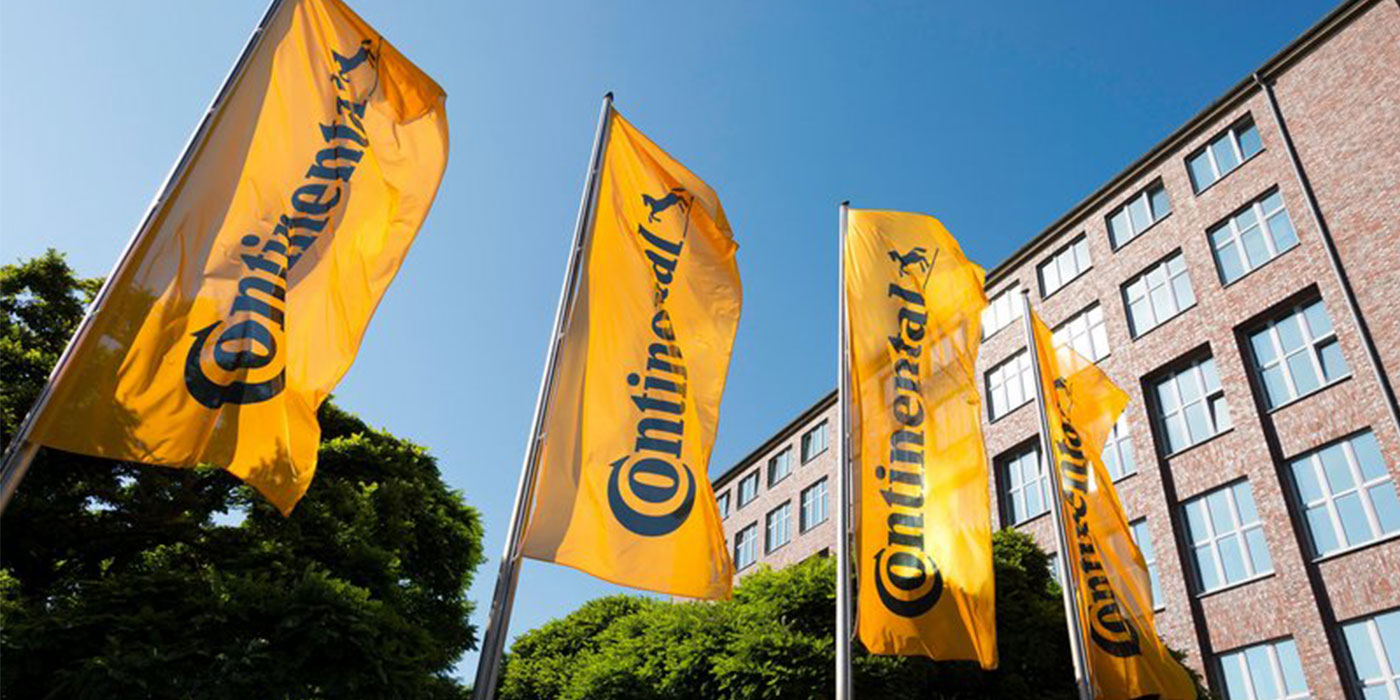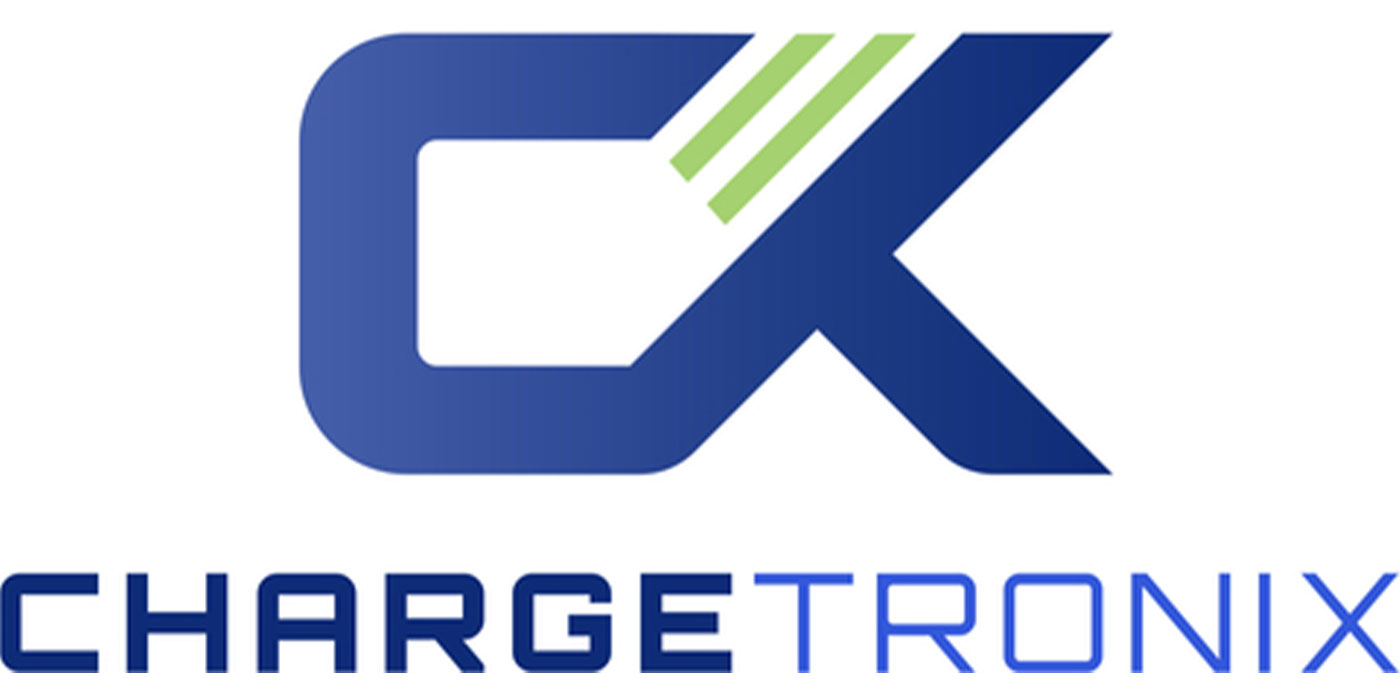From Network World
IBM announced this week an expansion of its services for companies seeking help with radio frequency identification (RFID) technology.
Over the past several months, IBM has developed RFID services for industrial companies, such as those in the automotive, aerospace and defense, manufacturing, chemicals and petroleum, forest and paper and electronics industries, and for mid-market companies, which IBM defines as those with less than 1,000 employees.
The services, which are available now and officially unveiled Tuesday, include consulting, development of a business case, technical proof of concept, pilots for the client and trading partners and full system implementation.
IBM’s decision to extend its RFID services palette to cater to industrial companies and to mid-market players comes as a response to rising demand from companies in these two segments, said Eric Gabrielson, IBM Global Services’ RFID vice president.
In the industrial segment, companies are exploring RFID not just to comply with mandates from government agencies and from partners requiring them to adopt this technology, he said. “They’re doing it both for the supply chain area mandates but also for a number of other (internal reasons), such as improving their business processes and enhancing their collaboration with customers,” Gabrielson said.
That is the case at H.J. Heinz, which recently began dipping its toes in the RFID water and has hired IBM to assist in the venture.
“We’re using IBM to build our RFID business case, to see how it looks like from today to 10 years out: where we can see some benefits, where we can see some cost offsets and where we can roll out the project from slap-and-ship, which is the 2005 retailer mandate, all the way out through tagging items in a production environment,” said Doug Ostrosky, Heinz’s RFID program manager.
For now, Heinz, in Pittsburgh, Pa., is focused on getting a pilot project up and running. The company hired IBM in June of this year for the project, which is slated to end around November with a Heinz facility equipped with RFID. IBM is helping Heinz with the testing of products, the drafting of a business case and the actual set-up of the pilot facility, Ostrosky said.
So far Ostrosky has been very happy with IBM’s service, particularly with the vendor’s honesty and candor about this emerging and still immature technology, he said. “If they don’t know an answer, they don’t make it up. They find the right source, ask the right questions and come back with the most honest answer,” Ostrosky said.
And some issues simply don’t have a definitive answer in the RFID world yet, including the technology’s acknowledged difficulties with products containing certain materials and packaging. One such case is Heinz’s flagship ketchup product and its containers, Ostrosky said.
“We have a liquid product in a sometimes glass or plastic container with metal or plastic lids and that for some reason doesn’t lend itself to 100 percent (RFID) readability all the time. It’s not an IBM issue. That’s just the physics of it, so that’s something we’re trying to work through,” Ostrosky said. “For our product, the technology still isn’t where we’d like it to be.”
Meanwhile, mid-market companies see RFID adoption as an emerging requirement and don’t want to be left behind, as is the case of Kayser-Roth in Greensboro, N.C. The maker of legwear and apparel isn’t one of Wal-Mart’s 100 largest suppliers, and as such wasn’t among those the retail giant said had to become RFID-compliant by January 2005. Nonetheless, Kaiser-Roth volunteered to meet the deadline.
“We want to meet Wal-Mart’s requirements and ship cases and pallets (to it) with RFID tags,” said Gary Stegall, senior project manager at Kayser-Roth. “That’s how we got started in this project and how we started looking for vendors that could support us in this venture.”
The venture involves RFID-enabling a Kayser-Roth distribution center in Burlington, N.C., as a pilot project. “Our goal is to use IBM to help us get this first pilot off the ground and then enable the rest ourselves as we need to,” Stegall said.
Still, initially IBM almost lost the Kayser-Roth business because IBM’s offering was aimed at companies that s
Copyright 2004 AFX Networkworld Inc. All Rights Reserved. All Rights Reserved.
_______________________________________
Click here to view the rest of today’s headlines.

